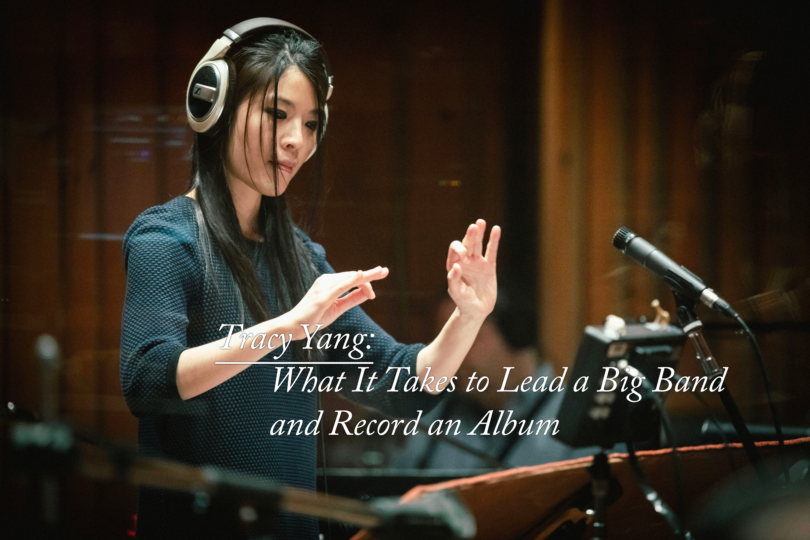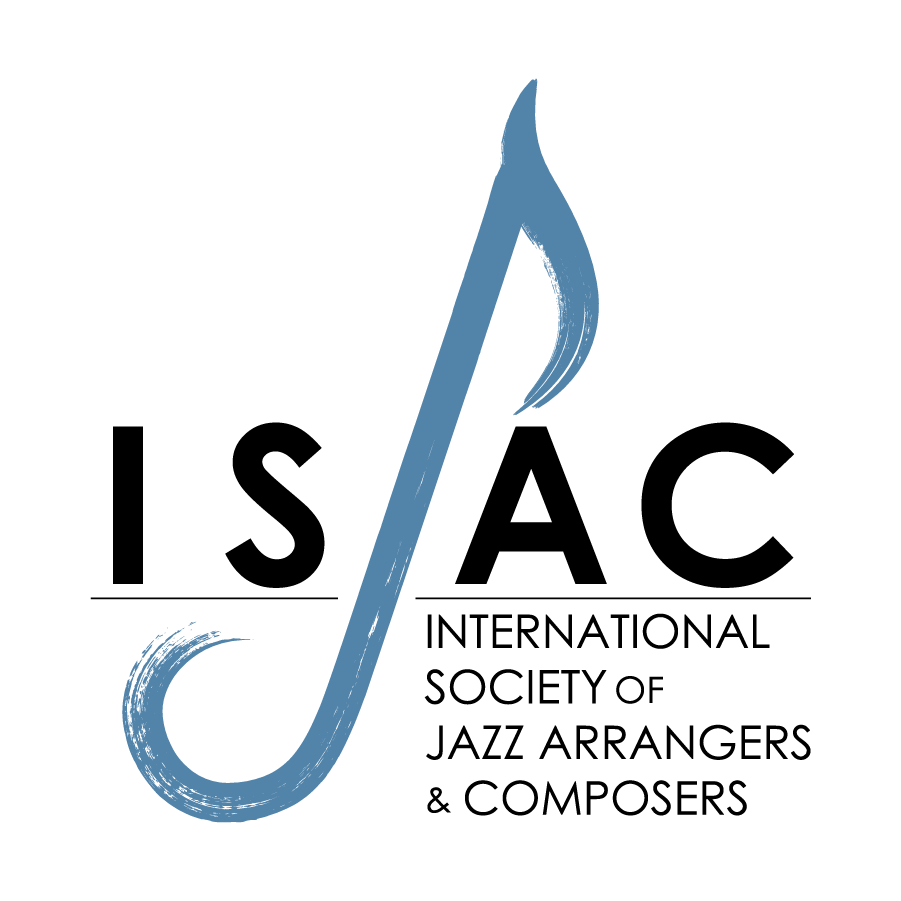The process of recording a big band and everything that comes after – Tracy Yang discusses the process of her album “OR” from writing to release.



The process of recording a big band and everything that comes after – Tracy Yang discusses the process of her album “OR” from writing to release.